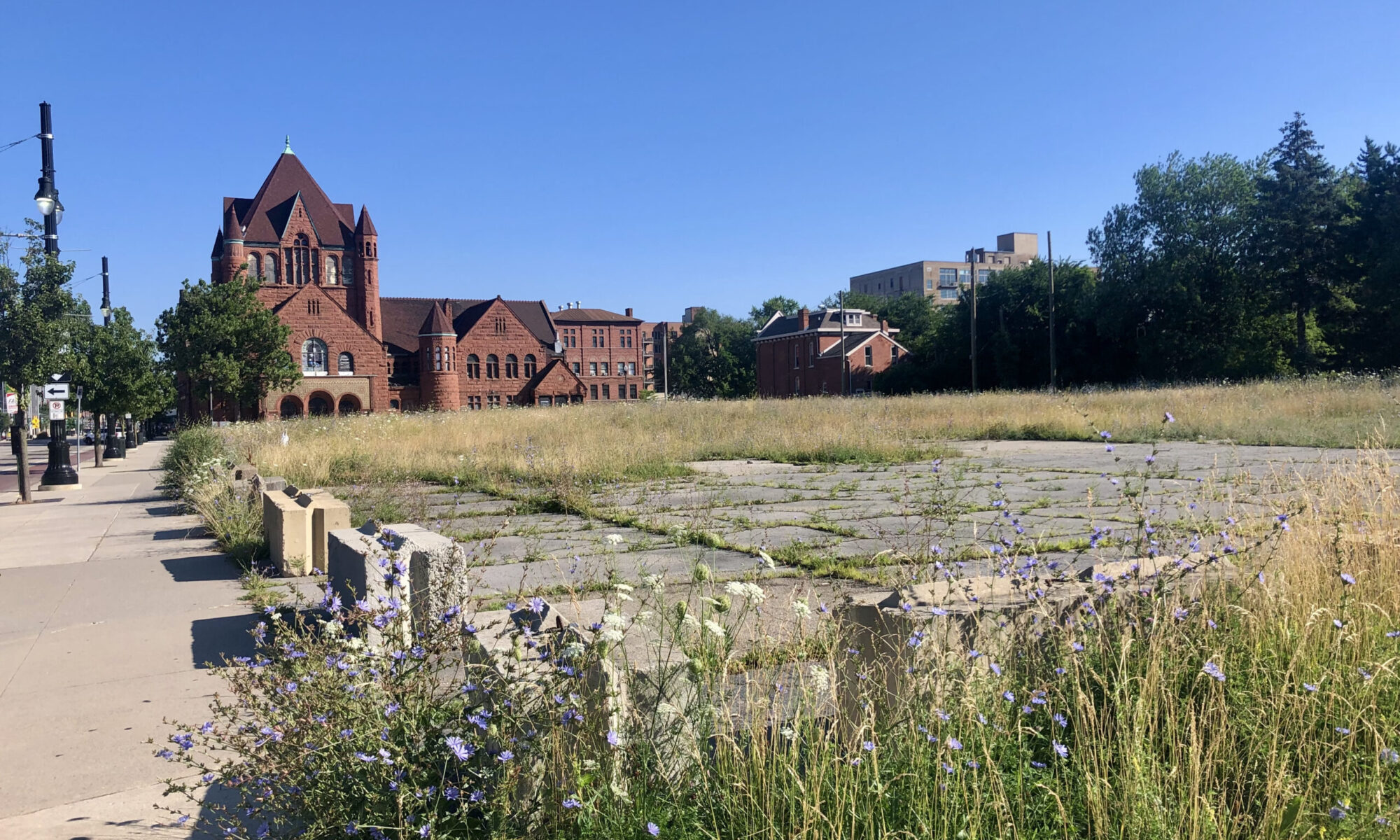
The Politics of Ritual is a major new account of the political power of rituals. In this incisive and wide-ranging book, Molly Farneth argues that rituals are social practices in which people create, maintain, and transform themselves and their societies. Far from mere scripts or mechanical routines, rituals are dynamic activities bound up in processes of continuity and change. Emphasizing the significance of rituals in democratic engagement, Farneth shows how people adapt their rituals to redraw the boundaries of their communities, reallocate goods and power within them, and cultivate the habits of citizenship.
Transforming our understanding of rituals and their vital role in the political conflicts and social movements of our time, The Politics of Ritual examines a broad range of rituals enacted to just and democratic ends, including border Eucharists, candlelight vigils, and rituals of mourning. This timely book makes a persuasive case for an innovative democratic ritual life that can enable people to create and sustain communities that are more just, inclusive, and participatory than those in which they find themselves.

Hegel’s Social Ethics offers a fresh and accessible interpretation of G. W. F. Hegel’s most famous book, the Phenomenology of Spirit. Drawing on important recent work on the social dimensions of Hegel’s theory of knowledge, Molly Farneth shows how his account of how we know rests on his account of how we ought to live.
Farneth argues that Hegel views conflict as an unavoidable part of living together, and that his social ethics involves relationships and social practices that allow people to cope with conflict and sustain hope for reconciliation. Communities create, contest, and transform their norms through these relationships and practices, and Hegel’s model for them are often the interactions and rituals of the members of religious communities.
The book’s close readings reveal the ethical implications of Hegel’s discussions of slavery, Greek tragedy, early modern culture wars, and confession and forgiveness. The book also illuminates how contemporary democratic thought and practice can benefit from Hegelian insights.
